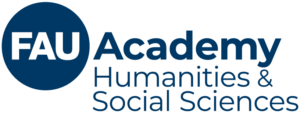SCRIPTO/Education – english
SCRIPTO
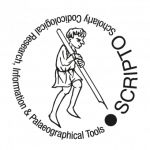
A University Programme for Graduate Medievalists and Early Modern Sepcialists
The SCRIPTO programme (Scholarly Codicological Research, Information & Palaeographical Tools) at Friedrich-Alexander University Erlangen-Nuremberg aims to provide a systematic, research-oriented introduction to the study of medieval and early books and their interpretation. It combines research and instruction within the framework of a uniquely innovative course of European, not to say world-wide, interest. At the end of each of its modules, which cover – for example – Medieval writing culture, Book illumination, Medieval latin or Digital cataloguing of manuscripts, the successful candidates will be awarded a diploma from Friedrich-Alexander University.
More information about the modules can be found below in the individual blue tabs.
- SSSN – 2.-5. March 2026
- SSSS –expected again in 2027
- SSSW – t.b.a
- SSSB – 23.-27. February 2026
SCRIPTO Conference Erlangen (STE)
Libraries in the Middle Ages and Early Modern Period
Erlangen, 5th to 7th December 2018
Led by internationally recognized specialists, the SCRIPTO conference at Erlangen (STE) will trace the development of library science from the Carolingians to the humanists and pay particular attention to the actors involved and their networks. The conference does not aim at completeness, but proposes to present various, significant types of libraries from the eighth to the sixteenth century in their making.
Libraries are not only places where books are stored. They are also complex institutions which form nerve centers for communication networks. This also applies to the Middle Ages and the early modern period. Between Late Antiquity and early modernity, libraries did not change only in terms of their content. Their organization and function likewise changed dramatically. With the introduction of the printing press, furthermore, they had to confront a revolution in media. Led by internationally recognized specialists, the SCRIPTO conference at Erlangen will trace the development of library science from the Carolingians to the humanists and pay particular attention to the actors involved and their networks. The conference does not aim at completeness, but proposes to present various, important types of libraries from the eighth to the sixteenth century in their making.
The conference begins on the evening of 5 December with a guest lecture and a presentation of early medieval manuscripts in the original. On Thursday, 6 December, established experts will give introductions to the libraries of the mendicant orders (Luciano Cinelli), court libraries (Vanina Kopp), Cistercian libraries (Thomas Falmagne, Michele C. Ferrari), as well as the libraries of the humanists and intellectual elite of the early modern period (Nikolaus Henkel, Outi Merisalo). From the holdings of the University Library at Erlangen, select manuscripts from the Cistercian monastery of Heilsbronn (Franconia) will be shown in their original.
On Friday, 7 December, SCRIPTO participants will have two special sessions. In Neustadt an der Aisch Prof. Dr. Michele C. Ferrari will present medieval and early modern parish libraries, before the group visits the local, late medieval library at the Church of St. Johannes in situ. The group will then proceed to the Staatsbibliothek Bamberg (Bettina Wagner), where they will consider not only the library preserved there of the Augustinian canons from Neunkirchen am Brand (Susanne Rischpler), but also the Bamberger Stiftsbibliothek (Stefan Knoch), founded in 1007 by Emperor Henry II. Select masterworks of scribal and book art will be shown in the original.
Participants will be awarded a certificate from FAU Erlangen-Nuremberg detailing a workload equivalent to a maximum of 5 ECTS.
Those applicants accepted for the course will be charged €145 (Please note that accommodation is not included), the number of participants is limited. Please submit your application before 1st October 2018.
Application form can be downloaded here.
Please send your application including full CV by post to:
Prof. Dr. Michele C. Ferrari
Friedrich-Alexander-Universität
Mittellatein und Neulatein
Kochstr. 4/3
91054 Erlangen
or by e-mail to Dr. Stefan Weber
For more details, please refer to the Chair for Medieval and Renaissance Latin at the University of Erlangen-Nürnberg (Dr. Stefan Weber.).
SCRIPTO Workshop Paris (SWSP)
Carolingian Writing Culture
Paris, 21th to 23th June 2017
In the Carolingian society, writing is a constant reference of the intellectual elite and it is not surprising that at that time the two senses of the word (writing as making of texts and as script) are narrowly linked. The workshop offered an introduction to the textual and visual strategies of the high middle ages. A concluding session with the manuscript treasures of the Bibliothèque nationale de France allowed participants a direct approach to Carolingian writing in all its forms. The workshop was open to graduates in medieval studies. It was jointly organized by the Chair for Medieval and Renaissance Latin at the Friedrich-Alexander-Universitaet Erlangen (FAU) (Prof. Dr. Michele C. Ferrari) within the SCRIPTO Graduate Program, and by the BNF. Lecturers are Michael I. Allen (University of Chicago), Charlotte Denoël (BNF), Michele C. Ferrari (FAU), Rolf Grosse (Institut historique allemand) and Stefan Weber (FAU).
SSSB – Horae Bambergenses (Medieval Latin)
The SCRIPTO Summer School Bamberg (SSSB) offers within its course Horae Bambergenses an introduction to the Latin language down to the time of Humanism, conveys a thorough grounding in postclassical Latinity and its cultural-historical context, and points out the most important research tools for the study of Medieval and Early modern subjects via seminars and tutorials. Our goal is to achieve an in-depth introduction to Medieval Latin down to the 15th century in its specific cultural contexts.
The next course is from 2nd to 5th March 2026 and sessions will take place in Bamberg. The application deadline is expected to be January 2024. The language of instruction is German. Further information (including the application form) may be obtained here.
SSSN – Medieval Book Illumination. History, Iconography, Technical & Stilistic Aspects. An Introduction
The next course is from 18th to 22nd of March 2024 and sessions will take place in the City Library in Nuremberg.
The SCRIPTO Summer School Nürnberg (SSSN) offers an introduction to Medieval Book Illumination. This module will be discussing questions of history, contents, function and technology of the medieval illuminated book as well as art historical research methods. Extensive study and examination of manuscripts held by the collection of the City Library in Nuremberg will provide a guideline for scientific research.
This course is open to graduated medievalists of all academic disciplines and usually takes place bi-annually. It is jointly organized by the Chair for Medieval and Renaissance Latin (Prof. Dr. Michele C. Ferrari) within the SCRIPTO Graduate Program, and by the City Library in Nuremberg. The language of instruction is German, the number of participants is strictly limited. Lecturers are Dr. Christine Jakobi-Mirwald and Dr. Christine Sauer.
Participants will be awarded a certificate from FAU Erlangen-Nuremberg detailing a workload equivalent to a maximum of 8 ECTS.
Those applicants accepted for the course will be charged 400€ (Please note that accommodation is not included). Please submit your application before 1st January 2026. Applications received by 12th December 2025 at the latest will be given priority if the maximum number of participants is reached, and for these applications – in case of successful application and definitive confirmation of participation – a discount of €100 on the participation fee will be granted.
Application form can be downloaded here.
Please send your application including full CV by post (Key word SCRIPTO) to:
Prof. Dr. Michele C. Ferrari
Friedrich-Alexander-Universität
Mittellatein und Neulatein
Kochstr. 4/3
91054 Erlangen
or by e-mail to Dr. Stefan Weber
For more details, please refer to the Chair for Medieval and Renaissance Latin at the University of Erlangen-Nürnberg (Dr. Stefan Weber.).
Nürnberg City Library: www.nuernberg.de/internet/stadtbibliothek

SSSS – Medieval Writing Culture (V to XV c.)
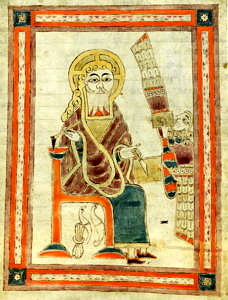
The next course is held from May 5th to May 9th 2025, sessions will take place in St. Gall Stiftsbibliothek and St. Gall Stiftsarchiv. The application deadline is 12th March 2025.
SCRIPTO Summer School St. Gall (SSSS) will provide an introduction to history, morphology and cultural impact of western script (V to XV c.). The precious manuscripts of the Stiftsbibliothek will serve as exemplars for introducing and discussing the different historical types of script.
The Summer school will offer additional seminars on early Medieval diplomatic scripts (to be held in the Stiftsarchiv St. Gall) and on history and technology of bookbinding in the Middle Ages. This one-week course is open to graduated medievalists of all academic disciplines. The language of instruction is German. The number of participants is strictly limited to ten.
The course is jointly organized by the Chair for Medieval and Renaissance Latin (Prof. Dr. Michele C. Ferrari) within the SCRIPTO Graduate Program, and by the Abbey Library at St. Gall (Dr. Cornel Dora).
Participants will be awarded a certificate from FAU Erlangen-Nuremberg detailing a workload equivalent to a maximum of 10 ECTS.
Those applicants accepted for the course will be charged €475 / CHF500 (Please note that accommodation is included) and will receive a document stating the terms of agreement and detailed information about the course, including the timetable. Please submit your application before 12th March 2025.
Application form can be downloaded here.
It may be possible to receive a scholarship (650€), please send – if you are interested in a scholarship – an application for it together with your regular application.
Please send your application including full CV by post (Key word SCRIPTO) to:
Prof. Dr. Michele C. Ferrari
Friedrich-Alexander-Universität
Mittellatein und Neulatein
Kochstr. 4/3
91054 Erlangen
or by e-mail to Dr. Stefan Weber
For more details, please refer to the Chair for Medieval and Renaissance Latin at the University of Erlangen-Nürnberg (Dr. Stefan Weber).
Blog post to SSSS: http://grk1876.blogspot.de/
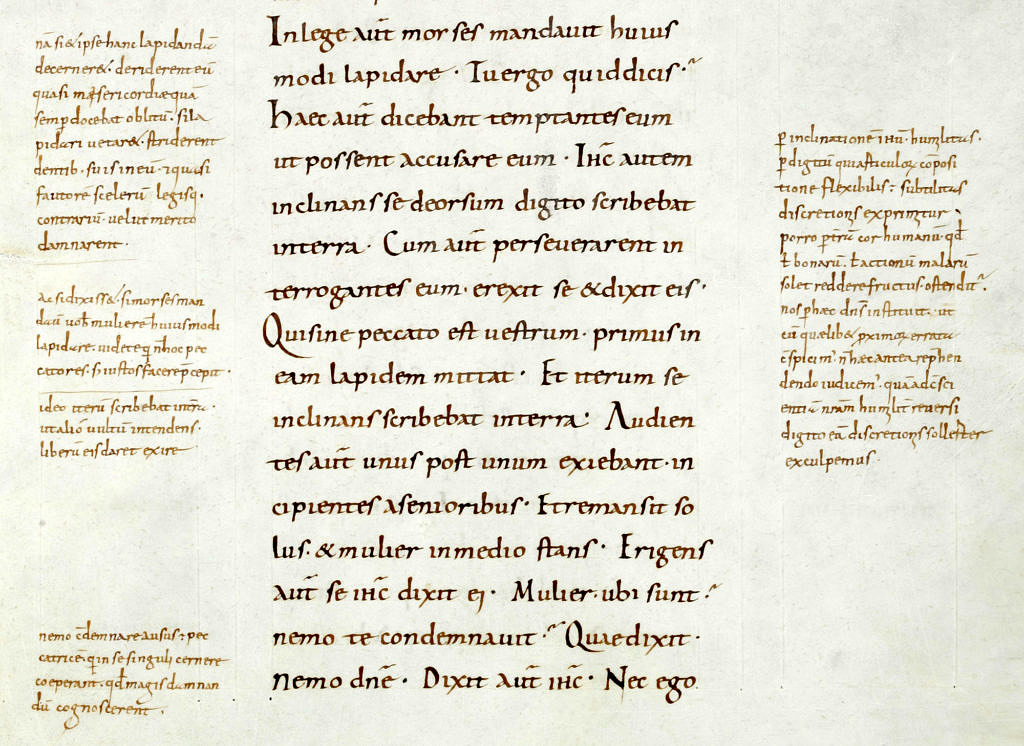
Stiftsbibliothek St. Gallen: www.stibi.ch
Illustrations:
- St. Gallen, Stiftsbibliothek, Cod. Sang. 1395, p. 418 www.e-codices.unifr.ch
- St. Gallen, Stiftsbibliothek, Cod. Sang. 50, p.439 www.e-codices.unifr.ch
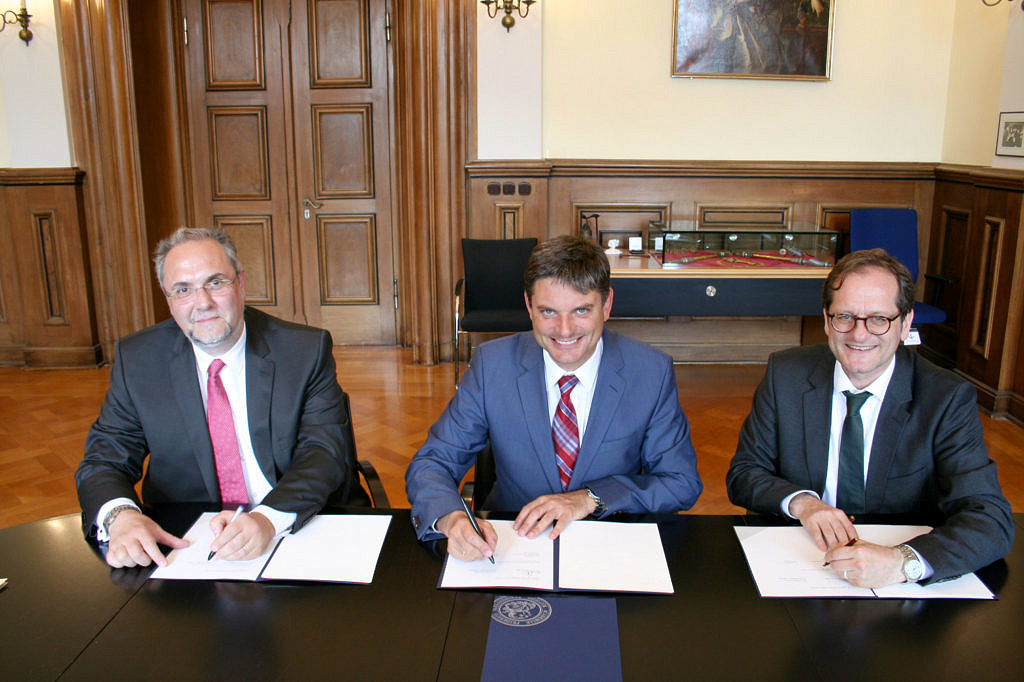
Photo: Boris Mijat/FAU
Formation of the cooperation agreement between the FAU and the Stiftsbibliothek St. Gall in the spring of 2016. From left to right: Prof. Dr. Michele C. Ferrari (Medieval and Renaissance Latin), Prof. Dr. Joachim Hornegger (President of the FAU) and Dr. Cornel Dora (Stiftsbibliothek St. Gall).
Further information may be obtained here.
We would like to thank the Dr. Alfred Vinzl Foundation for their kind financial support.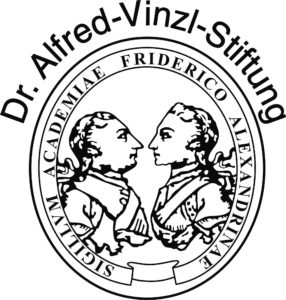
SSSW – Introduction to the digital cataloguing of manuscripts
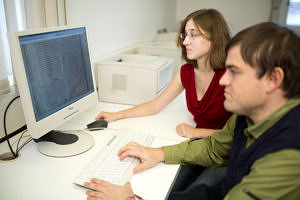
The next course (t.b.a) will take place in the Herzog August Bibliothek Wolfenbüttel
The SCRIPTO Summer School Wolfenbüttel (SSSW) offers an introduction to XML, TEI-P5 and application software, and provides both knowledge and skills in order to describe medieval and early modern manuscripts in TEI and in or for the National Manuscript Portal. Moreover, participants will be informed about the management and publication of manuscript descriptions in databases and printed catalogues.
The one-week course addresses all graduates of medieval subjects and usually takes place annually. It is jointly organized by the Chair for Medieval and Renaissance Latin at the University of Erlangen-Nuremberg (Prof. Dr. Michele C. Ferrari) within the SCRIPTO Graduate Program, and by the Herzog August Bibliothek Wolfenbüttel (Torsten Schaßan, Dept. Handschriften und Sondersammlungen). It is essential that participants bring their own notebooks with them, including special software. Before the course begins, a complete Java environment (e.g. http://java.sun.com/javase/downloads/widget/jdk6.jsp) as well as the XML editor Oxygen (e.g. http://www.oxygenxml.com/download.html; complimentary 30 days test licence) should be installed on the notebooks. You will also find links to this software on the following page in the section „Materialien/Links“: http://www.hab.de/de/home/ueber-uns/kompetenzzentrum/handschriftenzentrum/scripto.html. Together with other documents of the Herzog August Bibliothek, participants will receive a voucher which provides personal access to the local WLAN in Wolfenbüttel. The language of instruction is German.
Participants will be awarded a certificate from FAU Erlangen-Nuremberg detailing a workload equivalent to a maximum of 10 ECTS.
Those applicants accepted for the course will be charged €350 (Please note that accommodation in double rooms is included; single rooms are only possible at an additional charge).
Application form can be downloaded here.
Please send your application including full CV by post (Key word SCRIPTO) to:
Prof. Dr. Michele C. Ferrari
Friedrich-Alexander-Universität
Mittellatein und Neulatein
Kochstr. 4/3
91054 Erlangen
or by e-mail to Dr. Stefan Weber
For more details, please refer to the Chair for Medieval and Renaissance Latin at the University of Erlangen-Nürnberg (Dr. Stefan Weber).
For more details, please refer to the Chair for Medieval and Renaissance Latin at the University of Erlangen-Nuremberg (Dr. Stefan Weber) or to the SCRIPTO-page of the Herzog August Bibliothek.
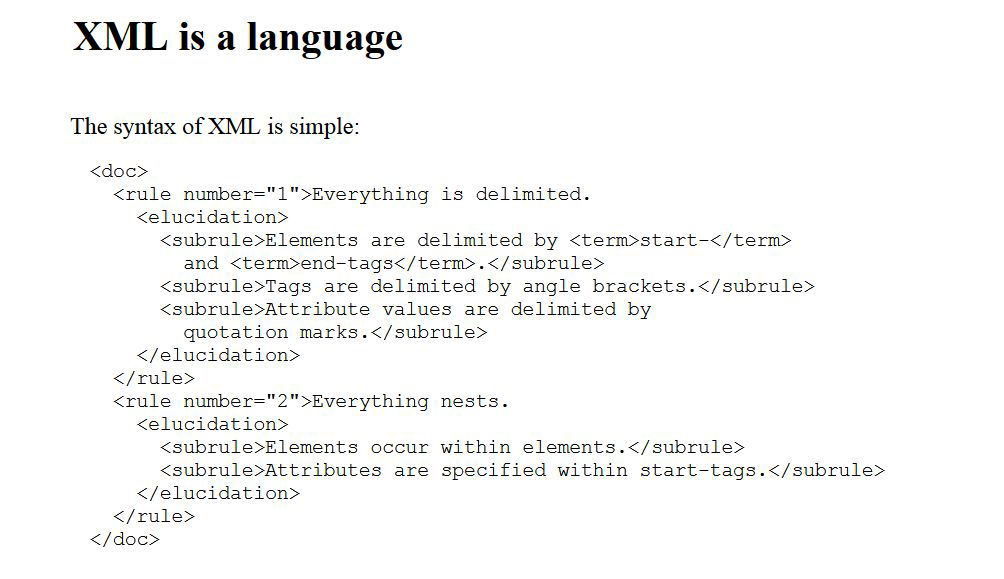
Herzog August Bibliothek Wolfenbüttel: www.hab.de
